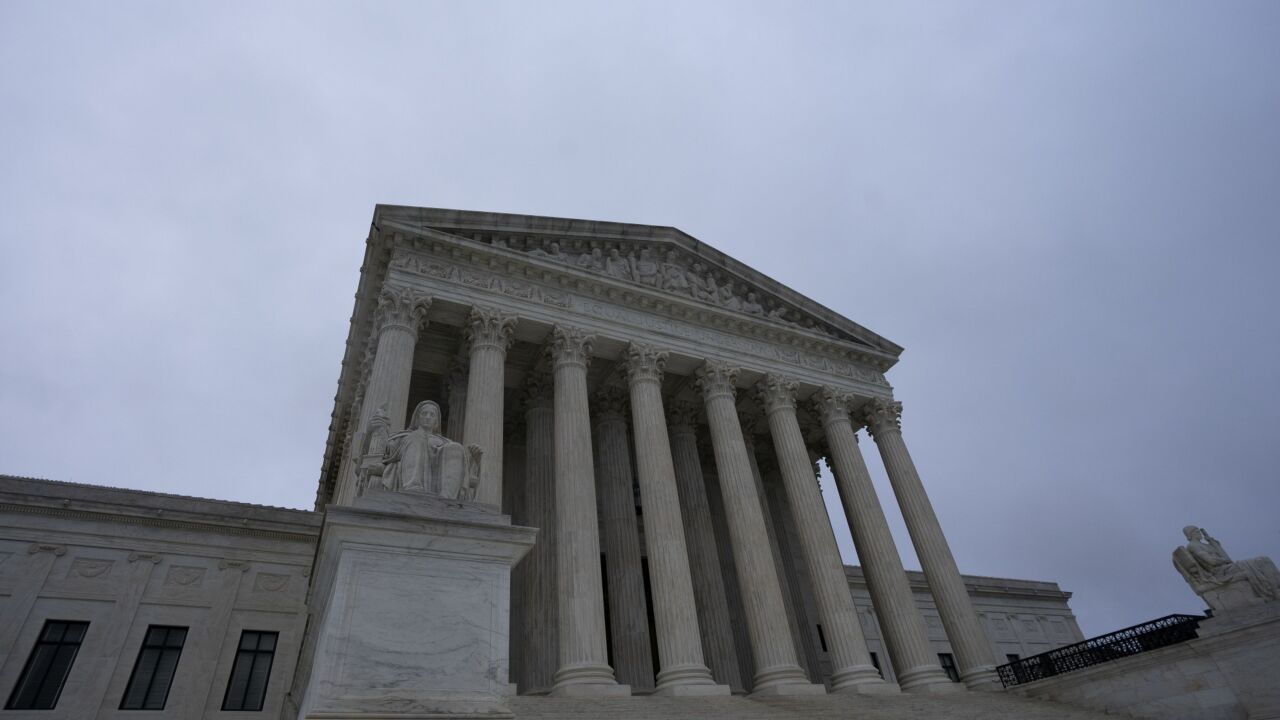An annual study of SEC disclosures showed that the Fortune 500 collectively believe that they have underpaid their corporate income tax by $191.7 billion, an increase of 2.2 percent from the group’s collective tax reserves last year. At the same time, 2012 saw a slight decrease of 0.51 percent in the profits of the Fortune 500.
“If uncertain tax position reserves are trending up at the same time profits are going down, you have to ask if there is a movement to build up reserves for tax underpayments,” said Scott Knott, a tax partner at the Ferraro Law Firm, which conducted the study.
The firm, which specializes in tax whistle blower awards, compiles the annual Ferraro 500 list by the size of the Fortune 500 companies’ unrecognized tax benefit reserve for uncertain tax positions. The tax reserves of the top five companies on this year’s list are Exxon Mobil, which set aside $7.633 billion to cover potential taxes; Microsoft, $7.202 billion; J.P. Morgan Chase & Co., $7.158 billion; general Electric, $6.579 billion; and Pfizer, with $6.315 billion.
As of 2010, corporate taxpayers have been required to file a Schedule UTP with their annual tax return that lists and discloses the issues that gave rise to their uncertain tax positions. However, the IRS has discovered that 31 percent of last year’s Schedule UTP filers submitted incomplete concise descriptions of their uncertain tax positions, according to IRS official Thomas Brandt in a July 17, 2013, webcast sponsored by McGladrey LLP.
“The IRS data shows that corporate taxpayers believe that filing an incomplete Schedule UTP will go unnoticed by IRS Exam personnel, making tax whistleblowers that much more important to successful enforcement actions,” said Gregory Lynam, also a tax partner at Ferraro.





